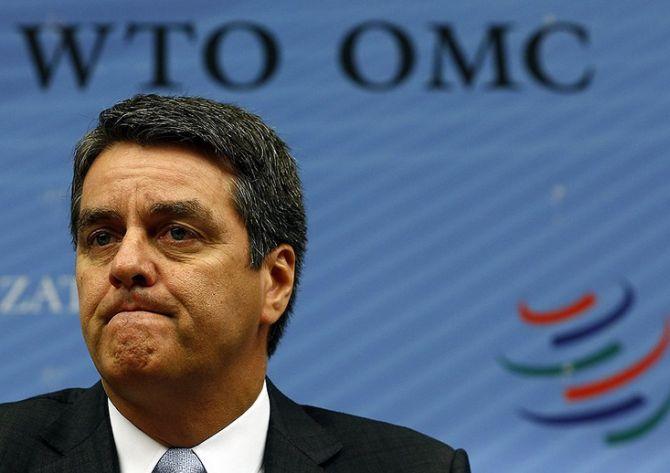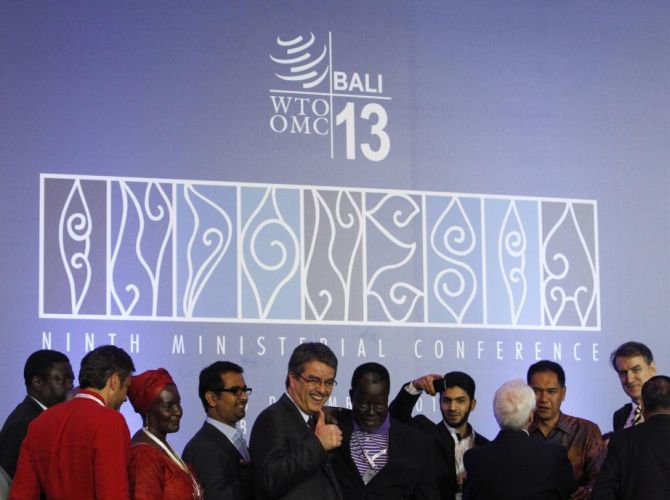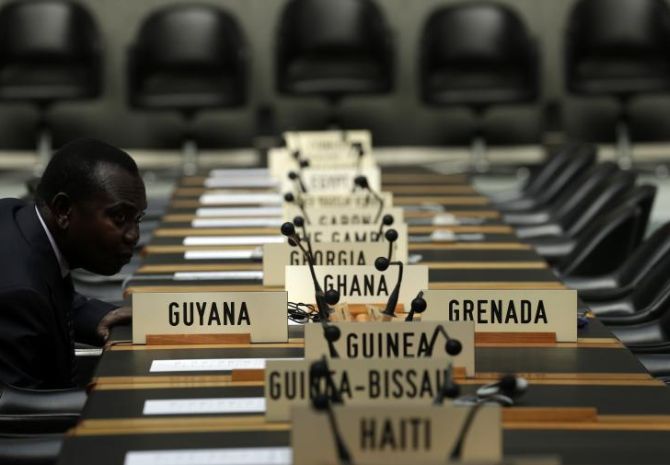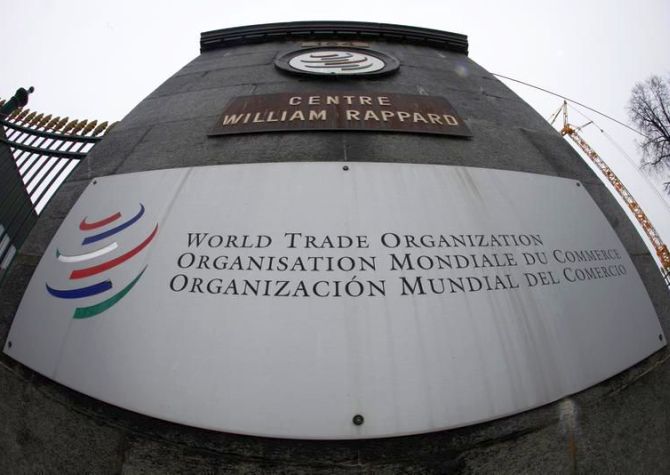
With the Bali deal settled, countries should now focus on long pending issues such as market access and reduction in green goods tariff
As the dust settles on the Bali deal of the World Trade Organisation (WTO) and member countries get back to the negotiating rooms in Geneva to operationalise the Bali agreements and decisions, and also take the Doha Round of negotiations forward, the focus is shifting to the unfinished agenda of the Round that was launched in 2001 and the possible way forward.
To begin with, negotiators need to quickly finalise the list of issues that they would want to be addressed immediately.
Prioritisation of issues will help negotiators realise how easy or difficult it would be to conclude the Round.
Importantly, there will be an urgent need to balance the priorities among the developed, developing and least developed country members.
…

Without doubt, the main issues that would be forwarded by several countries would be market access issues, which would mean reduction or elimination of tariffs to help greater and deeper access for countries.
That would be important to make full use of the trade facilitation agreement signed at Bali.
The Trade Facilitation Agreement in itself is going to take a while before it gets operationalised.
As of now, member countries are beginning to get into a detailed study of the texts and looking at how to incorporate the legal text into their schedule of commitments.
Once the texts are converted into legal texts, they will have to be ratified by members. Reports indicate that two-thirds of WTO members will need to ratify the new trade facilitation deal for it to take effect for them.
The process of ratification could be long and some estimates show that this could be as long as two to three years.
…

This would mean that by the time the whole Doha Agenda is negotiated and if completed within the next two to three years, then it could take another three to four years for the Round to take actual effect.
Therefore, when countries look at what is on the table for negotiations, they will need to look in a time frame of about six to seven years and decide on a negotiating strategy accordingly.
In this context, it will be important to look at what could be the core issues for negotiations at Geneva in the coming months.
One area, which has already been signalled for immediate attention, is the elimination or substantial reduction in tariffs on green goods.
Fourteen countries - Australia, Canada, China, Costa Rica, Chinese Taipei, the European Union, Hong Kong (China), Japan, Korea, New Zealand, Norway, Switzerland, Singapore and the US - have at Davos, on the sidelines of the World Economic Forum Annual Meeting agreed to push for concluding this agreement.
…

They have agreed that they would take the list of 54 green products listed by the Asia-Pacific Economic Cooperation to begin the process of elimination or substantial reduction of tariffs globally on environmental products.
This is certainly moving forward an agenda that has not been as yet agreed to conclusively by the rest of member countries.
Many countries are still not clear on which route to take for the elimination of tariffs on green goods. While some favour a list approach, some others prefer a definition approach.
This will certainly be followed by the demand for sectoral elimination of tariffs.
Fourteen sectors have been previously identified for deeper tariff elimination under the sectoral negotiations.
…

The sectors included automotive and related parts; bicycles and related parts; chemicals; electronics/electrical products; fish and fish products; forestry products; gems and jewellery products; raw materials; sports equipment; health care, pharmaceutical and medical devices; hand tools; toys; textiles, clothing and footwear; and industrial machinery.
This covers the majority of items that are traded globally and countries within the WTO fold are not aligned on the expectations from such an agreement.
Another important area for countries where no consensus exists is liberalisation of service sectors.
While some countries have been pushing for a very liberal services regime under an informal plurilateral agreement called the Trade in Services Agreement (TISA) many large players, including India, have not made up their mind on joining such an agreement.
The next one year, therefore, will be critical for the WTO since countries will look to close the Doha deal and move the multilateral process forward.
It will be important for stakeholders like industry in all countries to keep up the pressure on negotiators to complete the deal at the earliest, so that the benefits can be reaped at the earliest.
The writer is Principal Adviser at APJ-SLG Law Offices